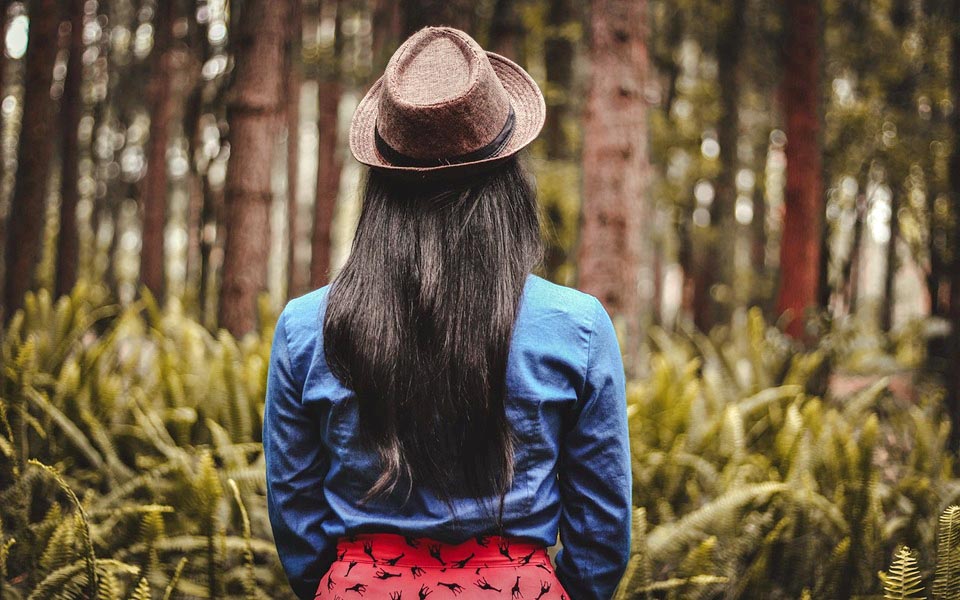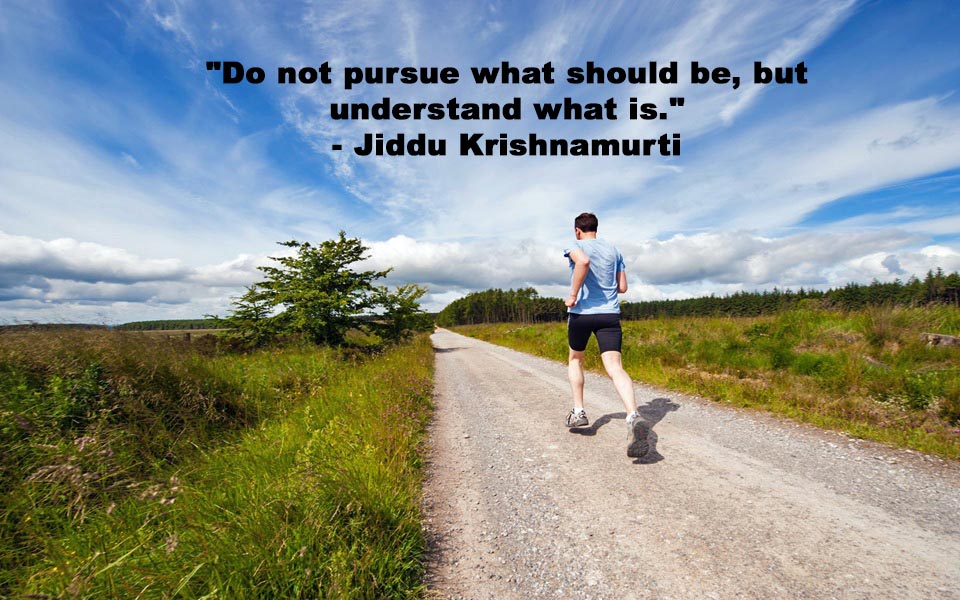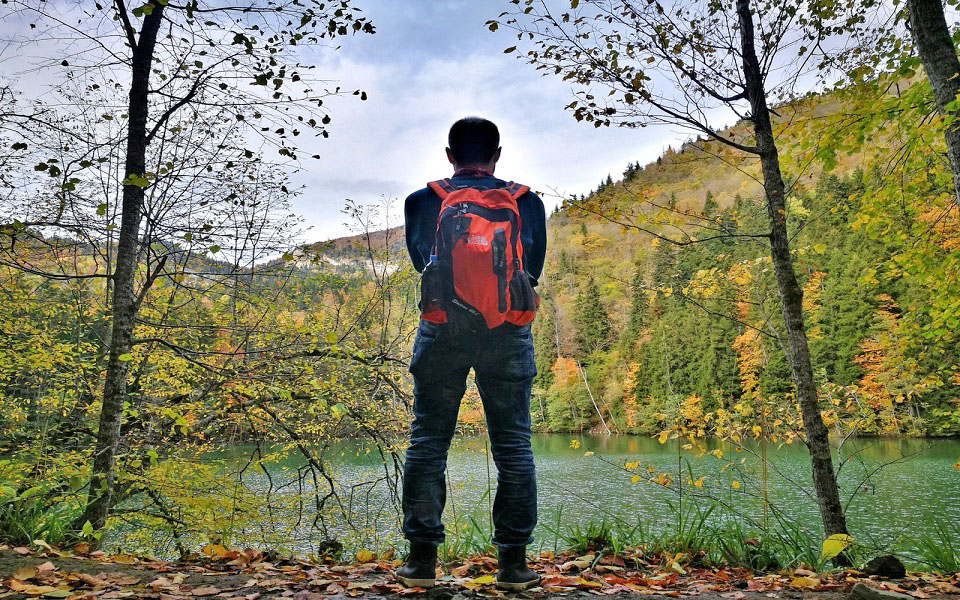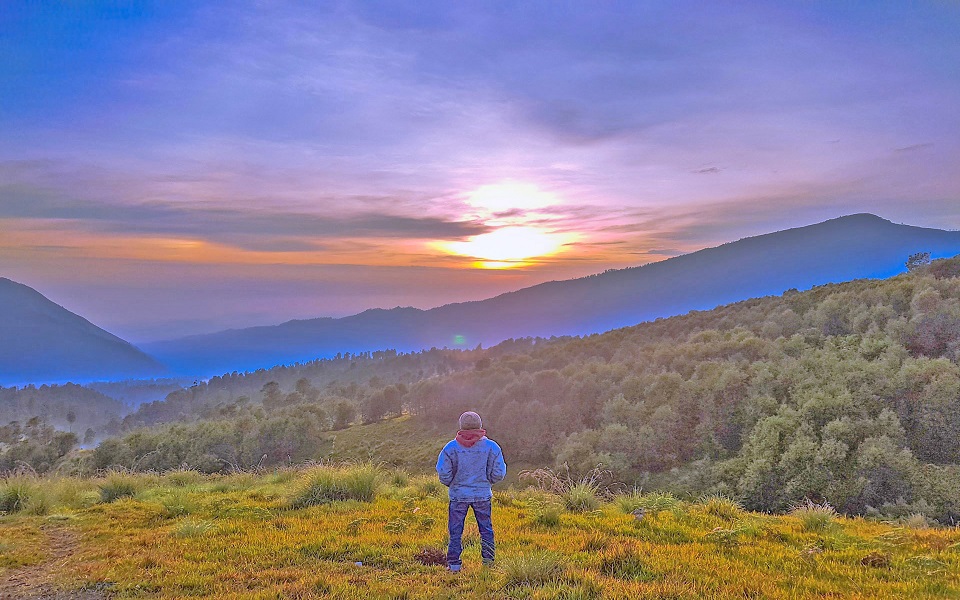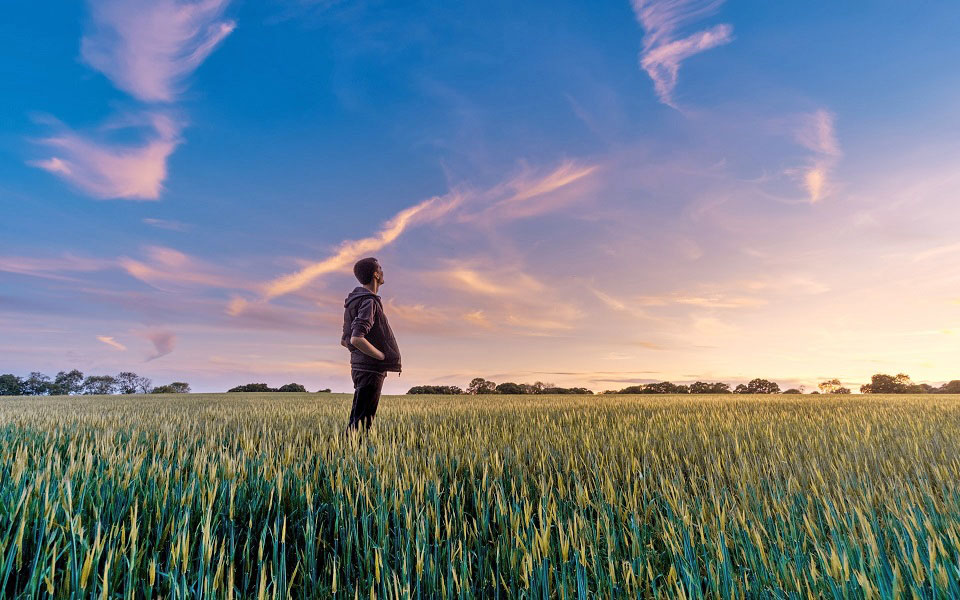I observed a bird hopping through the grass searching for something to eat a few days ago. The bird does what we do each day in an evolutionary and fundamental manner. Survival is instinctive… as is true for all animals, plants and people. Thus, a bird eats bugs, worms and basically anything that is digestible. Of course, species evolution differs between birds and humans in various aspects. And yet, the two, as well as all species, are more alike than is apparent at first glance.
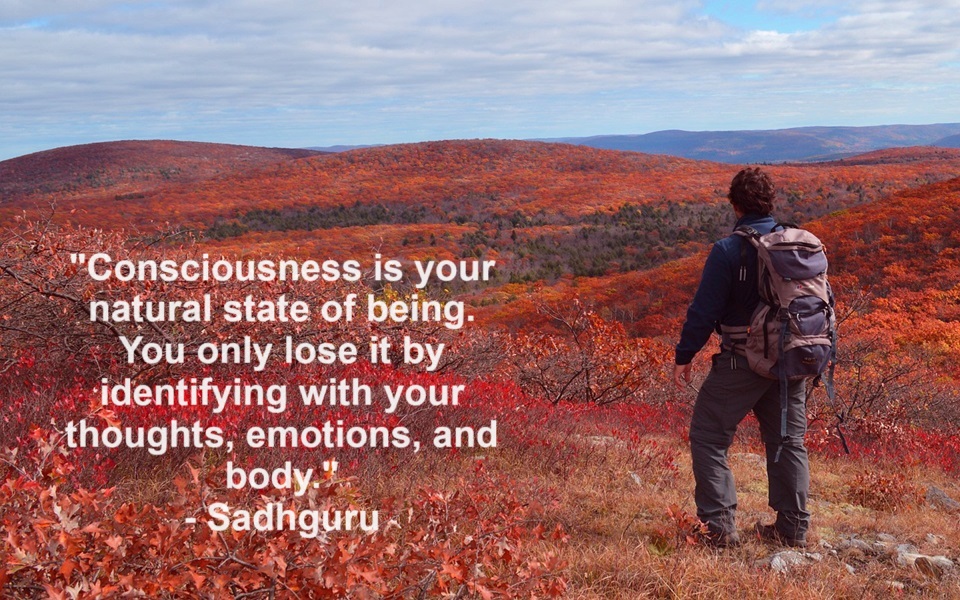
Are you self-conscious? And, if yes, do you think that self-consciousness provides you with advantages? Well, on the contrary, self-consciousness is a psychological side-affect that adversely influences living within unconditional presence. Let’s use the bird to illustrate this idea. Bugs and other insects are everywhere. And, yet, from time to time a bird will attempt to catch something to eat and miss. What does the bird do after it fails to catch a bug? It continues hopping in the grass without any self-contemplation or self-doubt until the next insect appears. On the other hand, what do you often experience when you miss the bus or can’t complete a task? Self-consciousness, overthinking and conditional behavior overwhelm you with confusion, self-doubt and fear. Thus, evolutionary development of cerebral functions such as self-consciousness and classical conditioning inhibit our aware presence.
Continue reading
